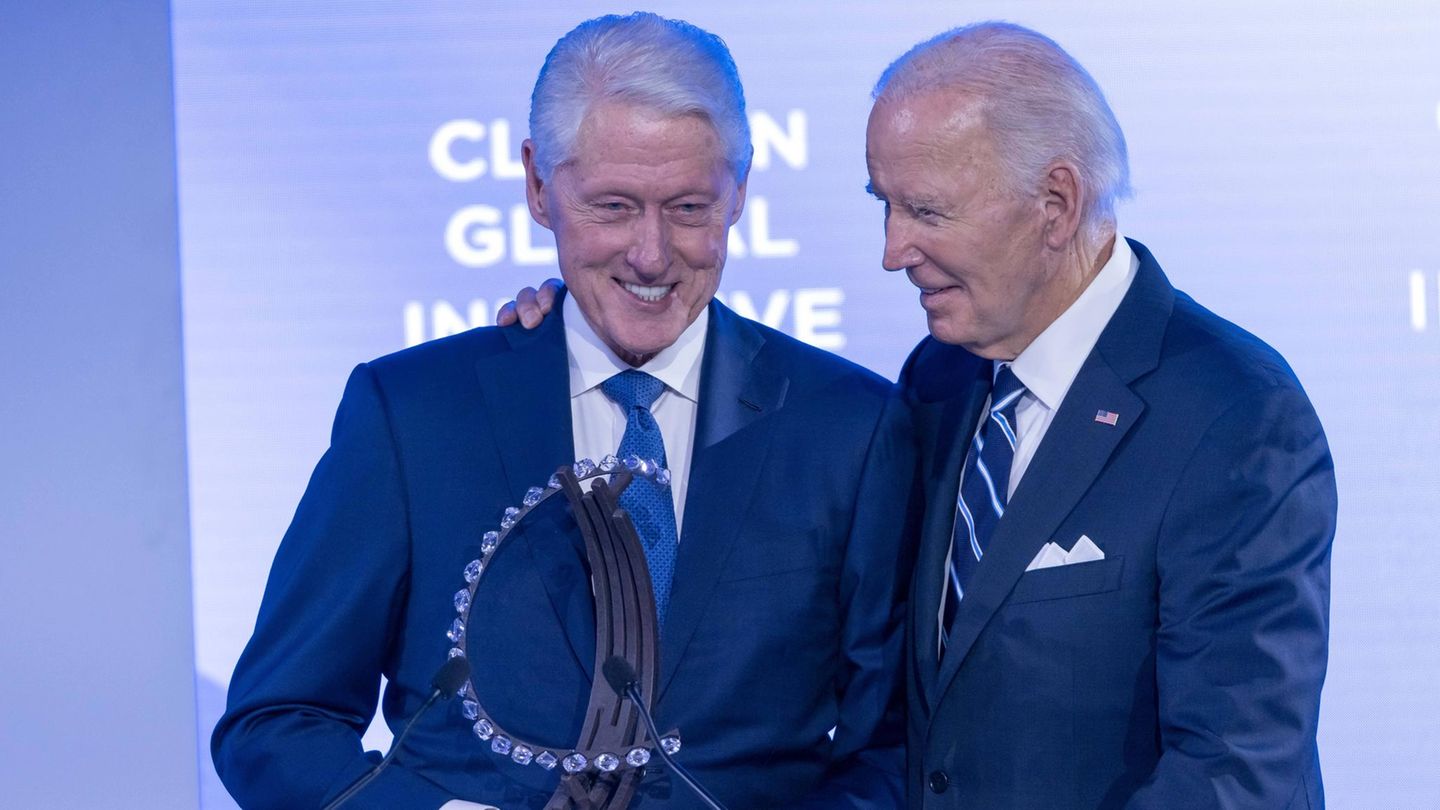The federal government wants to check whether asylum procedures are possible outside Europe. Green Party leader Lang is skeptical. She also thinks little of the further results of the federal-state summit on migration.
The Green Party leader Ricarda Lang considers asylum procedures in transit and third countries outside the EU to be incompatible with international conventions. Of course there is an inspection order for transit centers in third countries, said Lang in the RTL/ntv “Early Start”, but: “I cannot imagine how this is legally compatible with the European Convention on Human Rights and the Geneva Refugee Convention.”
Nor could she imagine that a state would be found in which such procedures could be implemented in practice. The Green Party leader particularly rejected the so-called Rwanda model, in which refugees are flown to third countries for their asylum procedure: “What is clear to us – a form of “Rwanda model”, we clearly reject.” Every proposal that is examined and ultimately implemented “must comply with European law – and the Rwanda model clearly does not do that.”
“Turning asylum seekers from welfare recipients into taxpayers”
Lang also expressed doubts about a longer payment of the low asylum seeker benefits that the heads of government of the federal states and Chancellor Olaf Scholz (SPD) had agreed on on Tuesday night. We will take a closer look at this from a legal perspective. What is important, however, is that a general reduction in social benefits for asylum seekers has been prevented.
But the most important way to advance people’s integration is to get them into work, “i.e. to turn them from social welfare recipients into taxpayers. And we are now taking big steps forward by easing work bans.” Overall, the agreed “Germany Pact on Migration” is a good basis.
Doubts about the sense of border controls
At the same time, Lang expressed doubts about extending the stationary border controls with Poland, the Czech Republic and Switzerland by three months in the next step. “It’s not about pushing forward solutions that sound as harsh as possible, but rather pushing forward those that achieve as much as possible,” said Lang. One must ask oneself whether costs and benefits are in the right relationship and whether permanent controls really make a difference. “I have my doubts about that.”
She would recommend that Federal Interior Minister Nancy Faeser (SPD) deal with those who would have to implement the controls. The police union, for example, says that permanent stationary border controls would lead to additional effort without bringing much benefit to security.
Source: Stern
I have been working in the news industry for over 6 years, first as a reporter and now as an editor. I have covered politics extensively, and my work has appeared in major newspapers and online news outlets around the world. In addition to my writing, I also contribute regularly to 24 Hours World.




